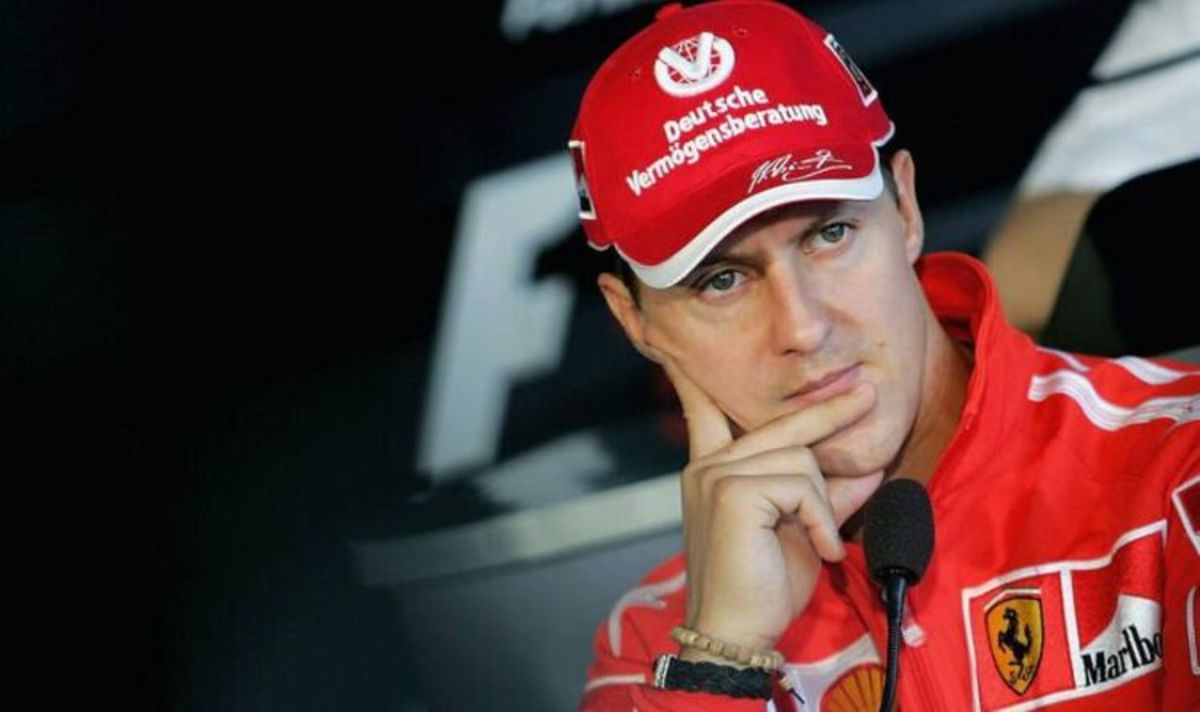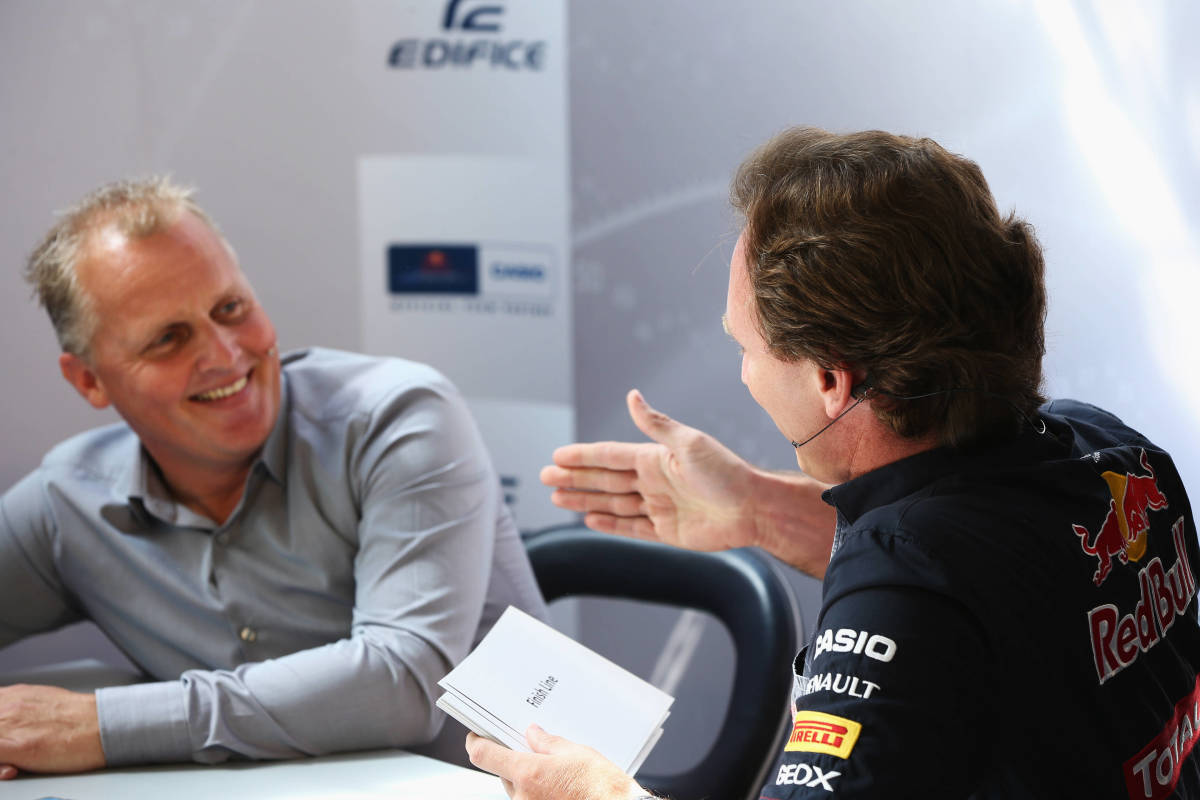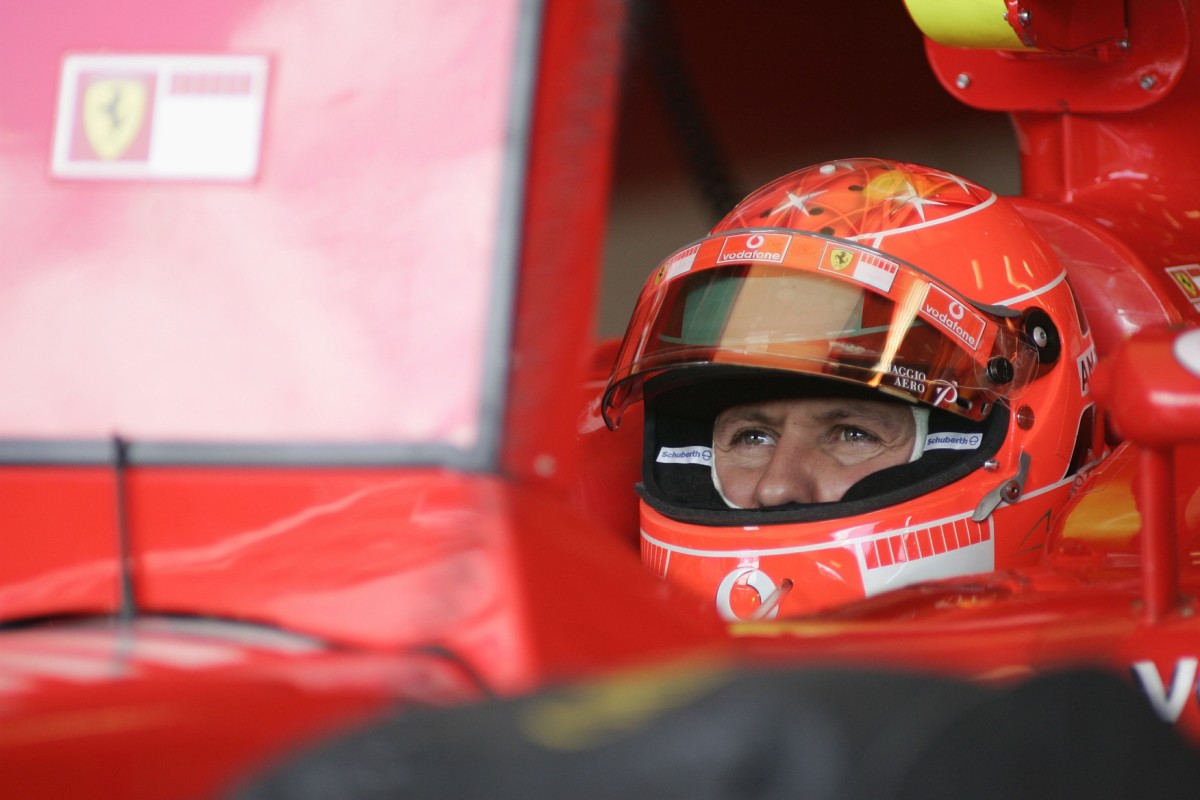Michael Schumacher's Reasons For Success Revealed By Former Teammate

Former F1 driver Johnny Herbert shares his insights on Michael Schumacher's unique approach and influence in Formula 1. He highlights Schumacher's intense fitness regime, work ethic, and strategic prowess that reshaped the sport.
Key Takeaways:
- Physical and Mental Preparation: Schumacher's dedication to fitness and mental preparation was revolutionary in F1. His daily routines and understanding of the science behind fitness gave him an edge in performance.
- Team Dynamics and Determination: Herbert emphasises Schumacher's ability to galvanise his team, extracting every ounce of effort from them and sometimes even his teammates. His desire to win was evident in his sometimes controversial tactics on the track.
- Innovative Approach to Racing: Schumacher was not just a driver; he was a pioneer who constantly worked on improving and adapting, particularly in areas like tyre testing with Ferrari, which set new standards in F1.

Seven-time champion and F1 icon Michael Schumacher is remembered not just for his record-breaking performance but also for his extraordinary approach to the sport. Johnny Herbert, a former teammate and competitor, offers a unique perspective on what made Schumacher such an incredible athlete and driver.
Schumacher was known for his rigorous fitness regime, which Herbert likens to that of martial arts legend Bruce Lee. His commitment to physical preparation was unparalleled, with routines that included stretching and exercising even during meetings. This level of fitness, according to Herbert, was a key factor in Schumacher's ability to deliver remarkable sprint performances and maintain a competitive edge. Herbert explained:
"Michael Schumacher was a fitness fanatic. Always very heavily involved in stretching. He always reminded me a lot of Bruce Lee when he was doing all his acting.
"During meetings he would be exercising his finger on the table. Press ups against the wall, he’d lean on the wall.
"We’d be at the back of the stage waiting to be presented to the press at the start of the 1995 season in Italy, he was stretching and carrying on a routine he did every single day.
"That was something quite new. He knew he had to be fit to perform as he did in those sprint performances and his fitness levels gave him that advantage.
"He changed the physical and mental side of how drivers prepare. He was always aware of the science that was advancing with fitness."

Schumacher's work ethic and team dynamics played a crucial role in his success. Herbert notes how Schumacher was a vital component of any team he joined, from Benetton to Ferrari. His hunger for success drove him to push his team and even his teammates to their limits, sometimes leading to controversial moments on the track. Herbert points out instances like Adelaide and Monaco, where Schumacher's aggressive tactics were on full display. He continued:
"There is the tunnel vision but it was also the work ethic. He had such a massive hunger not to just turn up at the weekend, have a chat with his engineer and then turn up again, race and chat again. He was a very important part of whatever team he was in going back to Benetton.
"Everybody was backing Michael – from Flavio Briatore to Pat Symonds, his engineer at the time. But it was his desire to get every single ounce of energy from that team and sometimes his teammates to be able to produce on the track. That was the early days.
"Then you saw that edge of how he would do anything to win a race, as we saw in Adelaide in my opinion that enabled him to take the world title which should have been Damon Hill’s because he made the mistake he crashed he knew his car was damaged and they had that coming together when he knew his car was damaged.
"That’s how he did it. He saw it again with Jacques Villeneuve in 1996 in a similar way, then we saw the qualifying in Monaco where he tried to stop Fernando Alonso at Renault at the time from getting that pole position and got a penalty.
"He would do anything to achieve his ultimate goal to win a race and win a world championship. But he needed that team support to put himself in that position.
"It was something quite new at the time. You had Senna and Prost who had their coming together twice 88/89 but Michael showed a very different aspect of a driver’s mentality, but it was very successful. You can’t take away anything from what he achieved with those seven world titles, even when it was one-two in a race and Michael was second, his team mate had to give up that race and give it to him as we saw with Rubens Barrichello a couple of times.
"It was a massively determined mentality which he had but was also in the team itself. They were in it together."

Schumacher's impact on Formula 1 went beyond just his driving. He was a visionary, constantly seeking to innovate and improve. His collaboration with key figures at Ferrari, like Ross Brawn and Rory Byrne, and his insistence on tyre testing revolutionised how teams approached racing. This relentless pursuit of excellence, as Herbert observes, was a hallmark of Schumacher's career.
"Yes, Schumacher was one for embracing change. That was the big thing. It wasn’t the changes that were coming to F1. It was the changes Michael engineered. He had this uncanny ability of being ahead of the ball.
"He was always working hard with Ross and Rory Byrne to give him what he needed and also to give him something that would move things forward in terms of the car.
"The most important part of his success at Ferrari was Michael wanting to test every day, if he could, the Bridgestone tyre to make sure it worked for him and also Rory who was designing the car and Ross, who was a very important part of the engineering team to make that work.
"When I started it was Williams, McLaren and Ferrari who did the tyre testing but as soon as Michael went to Ferrari, it was Ferrari and Michael who were doing the testing for everyone else but more importantly Michael!
"That’s how they knew they would beat everybody else. It was just flat out the whole way [in qualifying], a bit like the Sprint races we have today. No-one had ever done that before and no other team could keep pace."
Thank you Grosvenor Sport for setting up this interview.

